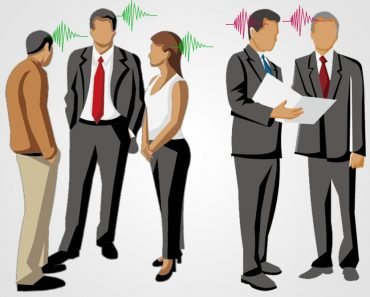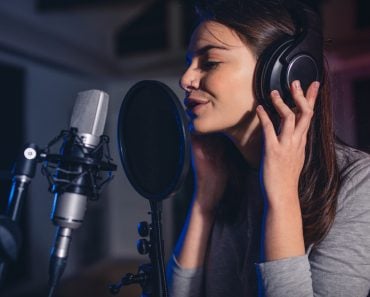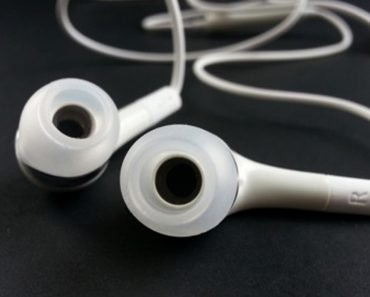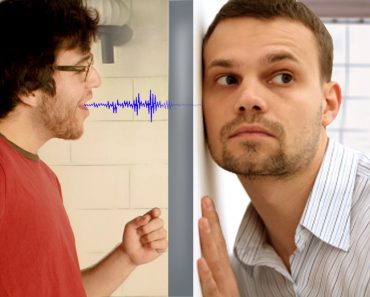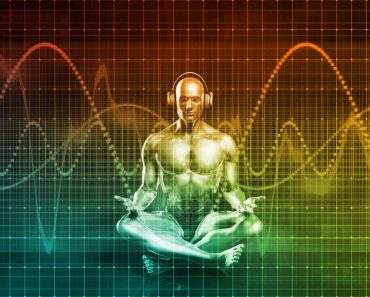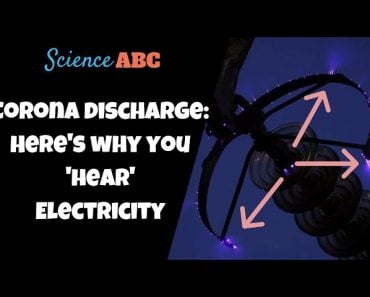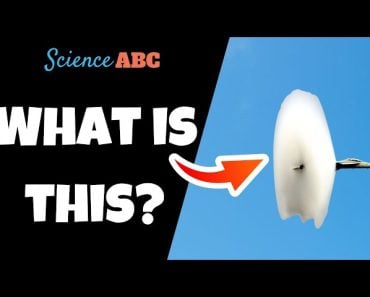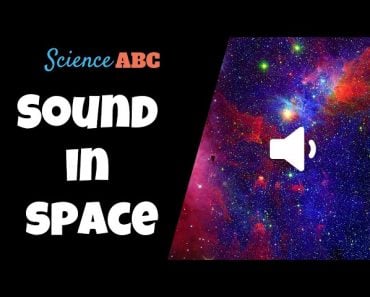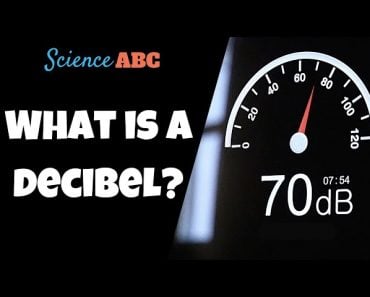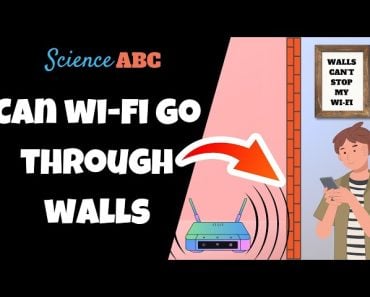Noise-canceling headphones are less effective at blocking high-pitched sounds because they are more difficult to cancel out. High-frequency sounds are less predictable and not as continuous, so the time delay in noise-canceling headphones makes it difficult to cancel out these noises.
If you’ve ever used noise-canceling headphones, you may have noticed that while they’re pretty good at blocking low-frequency noise, they’re not as effective when it comes to canceling high-pitched noises (like someone talking, or a sudden, sharp noise).
What’s the reason behind this anomaly?
Recommended Video for you:
What Are Noise-canceling Headphones?
To be honest, their name is quite self-explanatory. Still, for the uninitiated, noise-canceling headphones are a special type of headphones that minimize unwanted ambient sound from entering your ear through active noise control. Their obvious advantage lies in their ability to reduce undesirable, ‘external’ noise and enhance the overall listening experience.
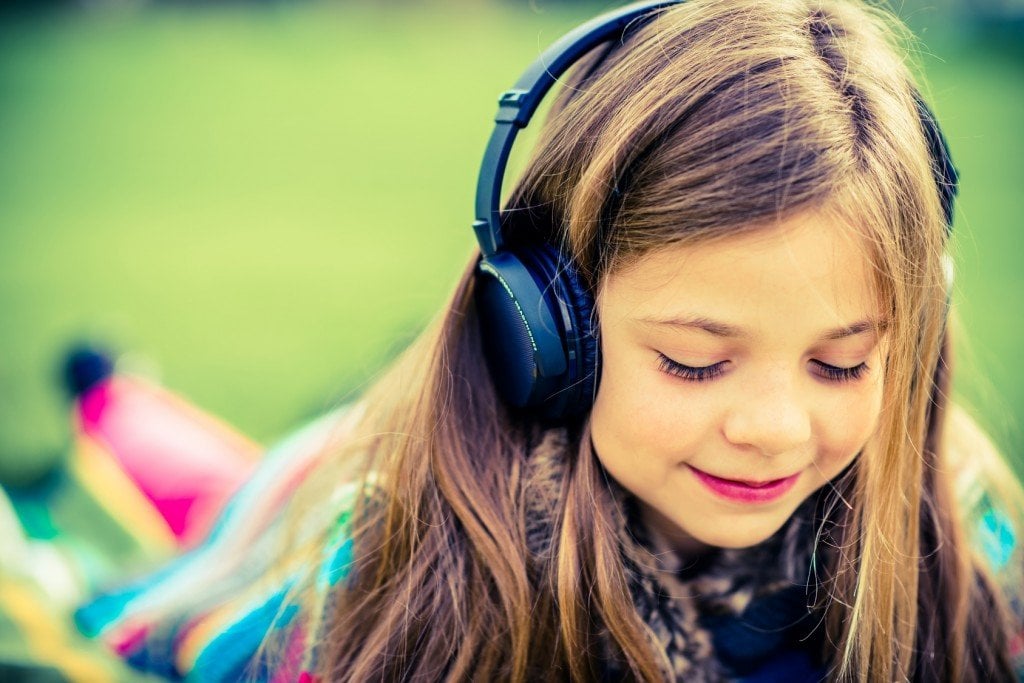
These headphones are not solely used by music composers, singers and enthusiasts, but also by aircraft crew to listen to vital announcements and other pieces of information with much more clarity within the noisy surroundings of an aircraft. That’s why the some of the most advanced military forces in the world already use noise-canceling headphones for all their operational requirements.
How Do Noise-canceling Headphones Work?
‘Active’ noise-canceling headphones use a very clever method to block ambient/external sounds. Firstly, they have some noise-absorbing materials packed inside them. This extra layer of materials acts as the first line of defense against ambient noise.
However, in addition to that, active noise-canceling headphones also create their own sound waves! Yes, you heard that right. The moment an ambient sound wave (noise from the surroundings) hits them, they produce their own sound wave that is 180 degrees out of phase from the original sound wave (noise).
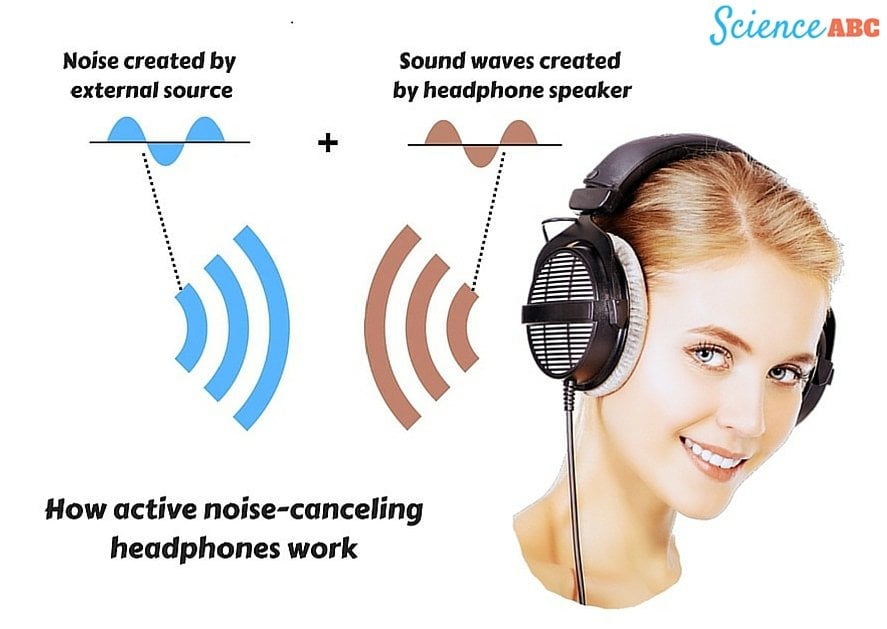
You can read more about how noise cancelling headphones work in this article.
Why Are Noise-canceling Headphones Less Effective At Blocking High-frequency Noise?
Noise-canceling headphones are found to be very effective against low-frequency (ambient) sounds, but when it comes to high-frequency sounds, it’s usually observed that these headphones prove to be less effective.
Why is that?
One might think that the headphones in question aren’t good enough, which is why they don’t block high-pitched noise as nicely. However, let me assure you that more often than not, it’s usually not a problem with the headphones. This anomaly is caused by the inherent ‘nature’ of high- and low-frequency sounds.
You see, noise-canceling headphones can only pick up noise when it passes through them. There is a time delay before these headphones can actually produce their own sound (whose phase is shifted by 180 degrees). What this means is that the headphones have to ‘guess’ how’ the noise sound will play out in the future. In other words, they have to estimate the audio profile of the noise and produce their phase-shifted response sound accordingly.
Low-frequency sounds have a longer wavelength and usually tend to be more repetitive.
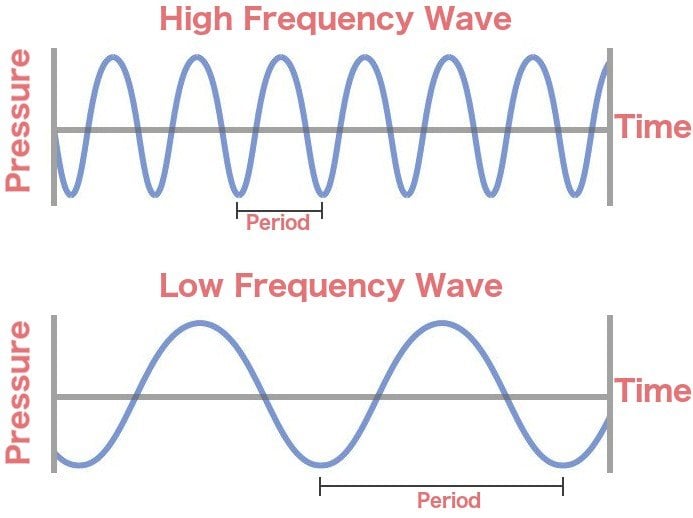
In contrast, high-frequency sound waves embed more information, shift more often and are therefore far less predictable.
This is why low-frequency sounds are so easily canceled by these headphones, as those sounds don’t fluctuate as much and remain quite constant (think of the low-pitched, constant humming onboard an airplane).
High-frequency sounds (e.g, babies crying, people talking etc.) are much less predictable and not as continuous. This is why the time delay in noise-canceling headphones makes it difficult to cancel out these noises, as they are just short bursts, as opposed to being more continuous and consistent.
References (click to expand)
- Digital Active Noise Cancelling Headphones - ese.wustl.edu
- Engineering Silence: Active Noise Cancellation - www4.ncsu.edu:80
- Analog Active Noise Canceling Headset - people.ece.cornell.edu
- Threshold Noise-Cancelling Headphones. The University of Illinois Urbana-Champaign
- N.Narahari - Noise Cancellation In Headphones - CiteSeerX



